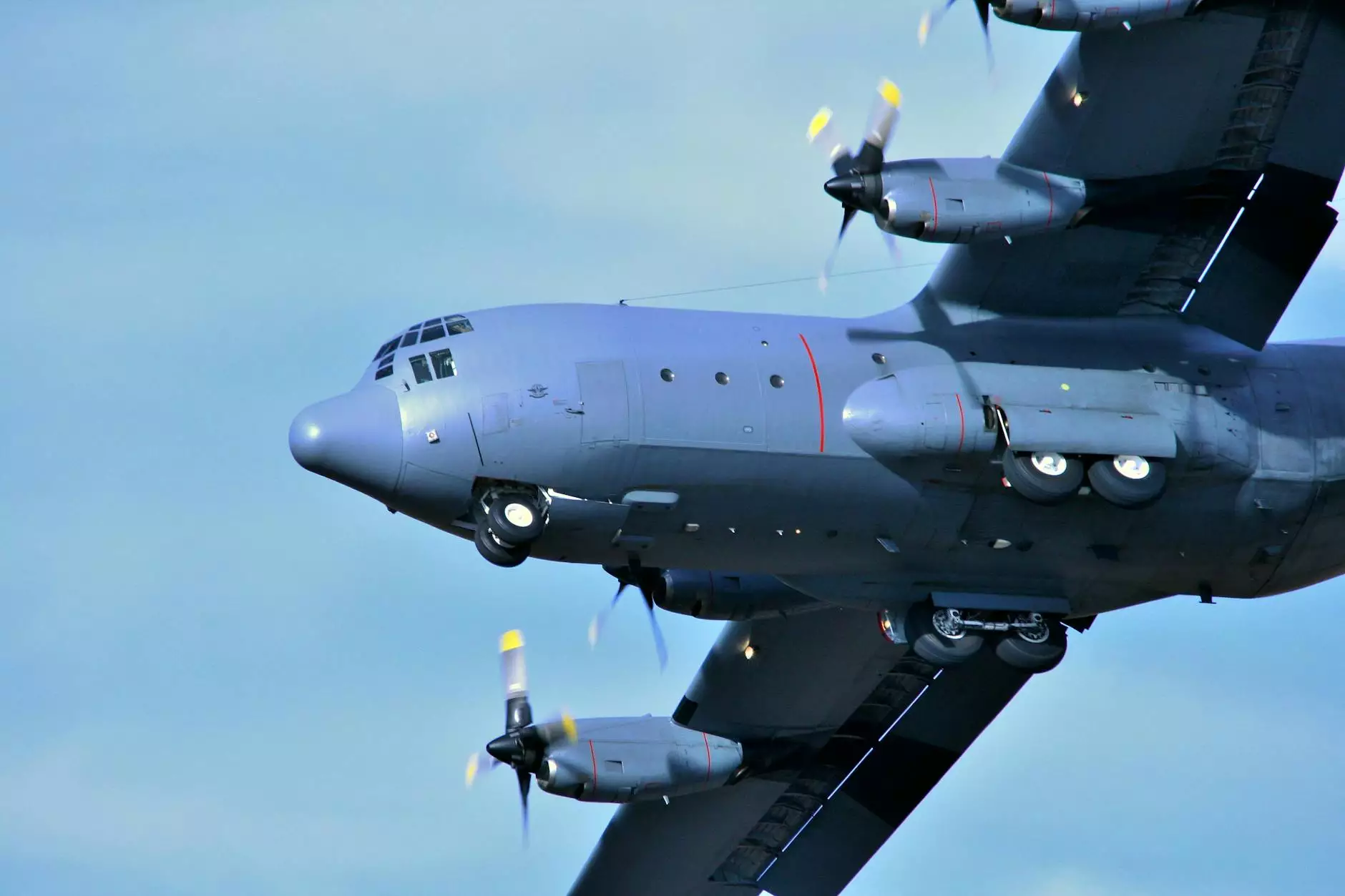Understanding Air Cargo Costs: A Comprehensive Guide

The world of air freight is a vital component of global trade, facilitating the swift transport of goods across vast distances. As businesses increasingly rely on air cargo services for expedited shipping, understanding the nuances of air cargo costs becomes essential. This article delves deep into the factors influencing these costs, providing business owners and logistics managers with the insights necessary to make informed decisions.
What Are Air Cargo Costs?
Air cargo costs refer to the total expenses incurred by businesses when transporting goods via air. This encompasses a wide range of charges, including but not limited to:
- Freight Charges: The primary cost associated with shipping goods via air.
- Security Fees: Costs related to ensuring the safety and security of cargo during transit.
- Fuel Surcharges: Additional fees based on fluctuating fuel prices impacting airfreight.
- Insurance Costs: Fees associated with insuring cargo against loss or damage.
- Handling Charges: Costs related to loading and unloading cargo at airports.
- Customs Duties: Taxes imposed by governments on imported goods.
Each of these components can vary significantly depending on numerous factors, making it crucial for businesses to fully understand the air cargo costs involved in their logistics operations.
Factors Influencing Air Cargo Costs
Several key factors contribute to air cargo costs. Understanding these variables can help businesses better plan their logistics and choose the most cost-effective solutions.
1. Weight and Volume of the Cargo
The weight and volume of the items being shipped are significant determinants of the overall air cargo costs. Airlines typically charge based on either the actual weight or the dimensional weight of the cargo, whichever is greater. Dimensional weight is calculated using the volume of the package, reflecting the space it occupies in a cargo hold.
2. Distance to Destination
The distance between the origin and destination plays a critical role in determining air cargo costs. Longer distances often incur higher freight charges due to increased fuel consumption and operational expenses.
3. Type of Goods
The nature of the goods being transported can dramatically affect air cargo costs. High-value, fragile, or perishable items may require special handling, secure shipping, or faster transit times, all of which can increase costs.
4. Seasonal Demand
Seasonality influences demand for air freight services. During peak shipping seasons, such as holidays, costs may surge due to increased demand and limited cargo space on planes.
5. Security and Regulatory Compliance
Strict regulations on air freight can add to costs. Transportation Security Administration (TSA) mandates, customs inspections, and other regulatory requirements necessitate compliance, often leading to additional fees that impact overall cargo costs.
Strategies to Minimize Air Cargo Costs
Despite the myriad factors affecting air cargo costs, there are effective strategies businesses can employ to minimize these expenses:
1. Optimize Packaging
Utilizing efficient packaging can significantly reduce dimensional weight, helping to lower shipping costs. Smaller, lightweight packaging minimizes space and weight, which can translate into cost savings.
2. Choose the Right Carrier
Different air cargo carriers may offer varying rates and services. Researching carriers and comparing their pricing structures can reveal more economical options without sacrificing service quality.
3. Plan Shipments Strategically
Timing shipments during off-peak seasons can help secure more competitive rates. Flexibility in scheduling can afford businesses the opportunity to capitalize on lower demand periods.
4. Negotiate Rates
Establishing long-term relationships with carriers can lead to negotiable rates and volume discounts. Organizations that demonstrate consistent shipping volume may leverage their standing to secure better deals.
5. Utilize Freight Forwarders
Freight forwarders can provide valuable services to streamline logistics and ensure cost-effective shipping. Their expertise allows for better route planning and consolidated shipments, ultimately leading to reduced costs.
Understanding the Comprehensive Cost Structure
To adequately evaluate air cargo costs, businesses must be aware of the entire cost structure. Here’s a breakdown of the various components involved in shipping via air:
Freight Charges
Freight charges are the base rates set by the airlines based on the cargo's weight and volume. Always inquire about the specific pricing model, as rates can vary widely.
Fuel Surcharges
Fuel surcharges are typically adjusted regularly to account for fluctuations in fuel prices. Staying informed about these surcharges can help businesses forecast shipping costs accurately.
Customs Fees
Understanding the applicable customs duties and taxes can help businesses avoid unexpected costs when importing or exporting goods. Accurate documentation and efficient processes can expedite customs clearance while minimizing fees.
Insurance and Handling Fees
Insurance fees should also be a budget consideration. Shipping valuable goods without insurance is a high-risk proposition. Moreover, handling fees incurred for loading and unloading should not be overlooked, as they contribute to the total cost.
Conclusion
Mastering the complexities of air cargo costs is essential for any business looking to optimize its logistics while navigating the nuances of global trade. By understanding the varying factors influencing costs, implementing effective strategies for minimizing expenses, and maintaining awareness of the complete cost structure, organizations can successfully manage their air freight decisions.
For companies looking to streamline their logistics operations, staying informed and adaptable is key. Utilize this guide to enhance your understanding of air cargo and its associated costs, ensuring more effective decision-making in your shipping practices.
Contact Us
For more insights into cost-effective air cargo solutions, or for a tailored quote, reach out to us at cargobooking.aero. Our team of experts is ready to assist you in navigating the logistics landscape with confidence.



